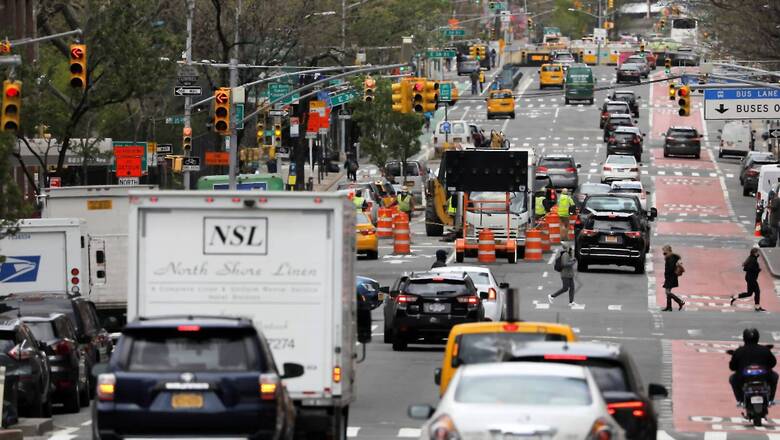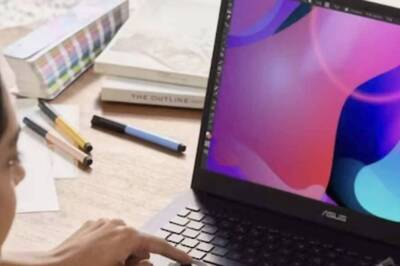
views
Significant developments are being witnessed in the auto industry nowadays. With electricity transforming into a dominant paradigm for vehicles, multiple manufacturers have been researching and developing to introduce automation in automobiles. Known and sold by various terms based on levels of automation such as Pilot Assist, Autopilot, Cruise Control, etc., partial automation of cars has also received its fair share of criticism and scepticism.
Recently, the Insurance Institute for Highway Safety, a non-profit organization active in the United States, announced that the institute will soon chart out safeguard ratings for such vehicles to increase the cognizance of the buyers of the partially-automated vehicles. The organization works for road safety and the reduction of deaths and injuries incurred due to on-road mishaps. In a press release, the IIHS announced that the guidelines and the rating system will be issued in 2022.
“Partial Automation Systems may make long drives seem like less of a burden, but there is no evidence that they make driving safer. In fact, the opposite may be the case if systems lack adequate safeguards," said David Harkey, President, IIHS.
As per the statement, the IIHS-devised rating will have poor, marginal, acceptable, and good as categories differentiating self-driven cars available in the market. The rating will be based on the prevalence and efficiency of alert systems, driver monitoring, and appropriate emergency procedures.
Also Read: Tejas Light Combat Aircraft: Here Are Five Things That Make it a Lethal Fighter Jet
“The need for driver monitoring and attention reminders has become apparent to many safety advocates. Consumer Reports has announced it will begin awarding points for partially automated driving systems and will factor in IIHS safeguard ratings once they are available," mentioned the press release.
Also Watch:
Alexandra Mueller, a research scientist at the IIHS and the lead for the rating program, believes that the only issue with self-driving cars is the deliberate misuse of automation. “No technology can determine whether someone’s mind is focused on driving. However, technology can monitor a person’s gaze, head posture, or hand position to ensure they are consistent with someone who is actively engaged in driving," the statement added.
Read all the Latest Auto News here



















Comments
0 comment